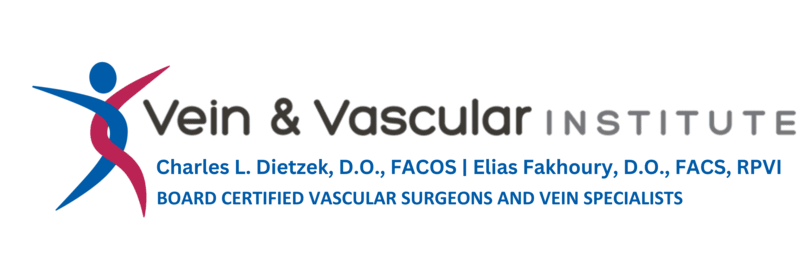Most people don’t even think about varicose veins until they make their appearance. Once they see the ropy, unsightly bulges in their legs, they realize they have the condition. They blissfully believe that they have nothing to worry about unless they see the actual evidence. Basically, it’s out of sight, out of mind, but that is where they do wrong. There is a common myth that varicose veins are always visible – they aren’t.
Table of Contents
ToggleVaricose veins can occur deep in your body.
Varicose veins that are right at the skin’s surface are easily noticeable. You notice the discoloration and bulging. It isn’t difficult at that point to make a diagnosis. However, they can happen deep in your body as well. And you can’t see them then. There are various reasons why this may occur. They can be obscured by fatty tissue that lies between the skin and muscle in the leg. The more fatty tissue that is present, the more difficult it is to visually detect a problem. Sometimes they varicose veins you do see are just a small part of a much larger problem that you can’t see. This means that you can’t always rely on your eyes to tell you something is going on.
Signs of varicose veins.
The most obvious signs of varicose veins are the visible discolored, bulging veins that sit right at the skin’s surface. This indicates that you don’t have proper blood flow in your legs, but you can detect it much earlier when you know what you’re looking for. Affected veins that sit deeper in your leg will often cause symptoms that can alert you to a problem. Some of the signs of varicose veins include:
- Leg pain
- Heaviness in the leg
- Leg cramps
- Fatigue
- Ankle or leg swelling
- Restless leg
The problem with varicose veins that develop deep in the leg is that blood clots can form in them. These could pose a serious health risk if they were to break loose and move to other parts of your body where they can be life-threatening.
Vein treatment for varicose veins.
There are very effective treatments for varicose veins. You can take medications to keep the clot from increasing in size and prevent new clots from forming. Other drugs will cause the clot to dissolve completely. In some cases, surgery is necessary. Your vein doctor will examine you, assess your condition and discuss your treatment options with you.
If you suspect you have varicose veins don’t wait until they become a problem, talk to Dr. Charles L. Dietzek, a board-certified vascular surgeon and vein specialist at the Vein & Vascular Institute. Contact our office today to schedule your appointment to see if vein treatment is right for you. Your legs will look and feel better – and so will you.
